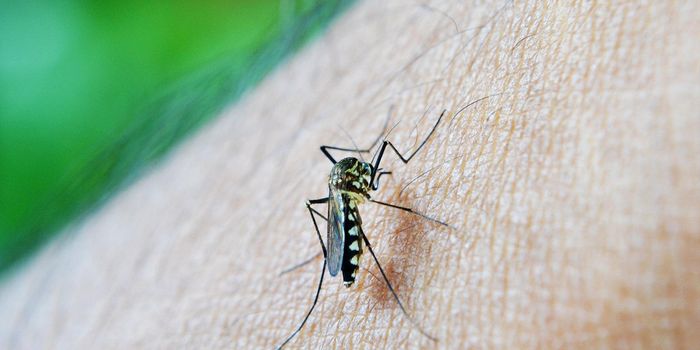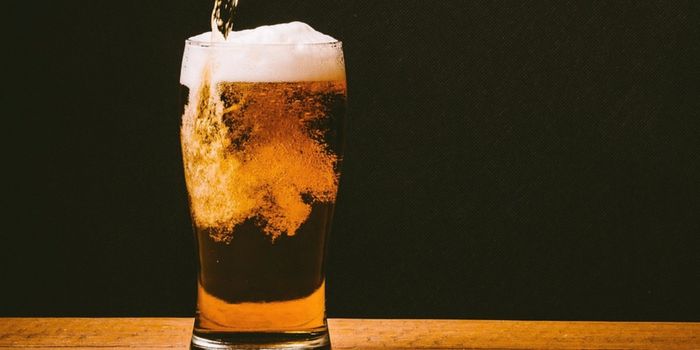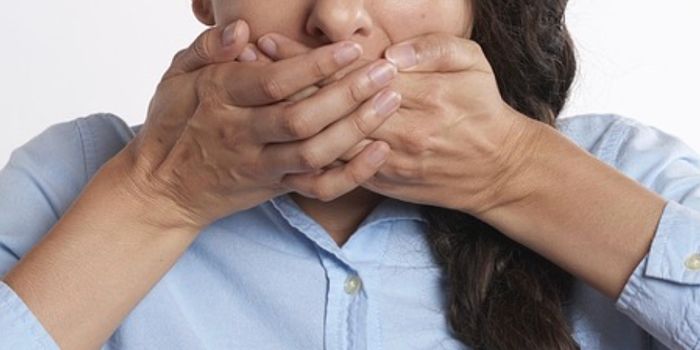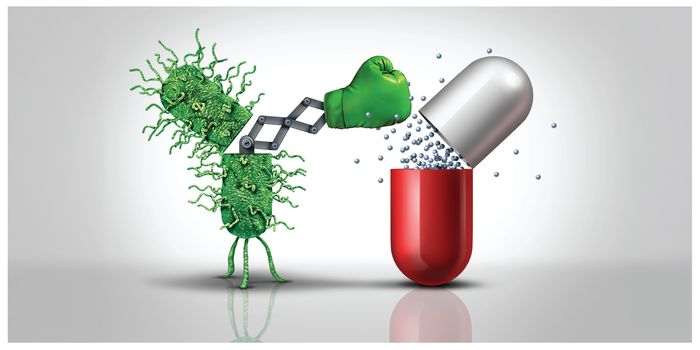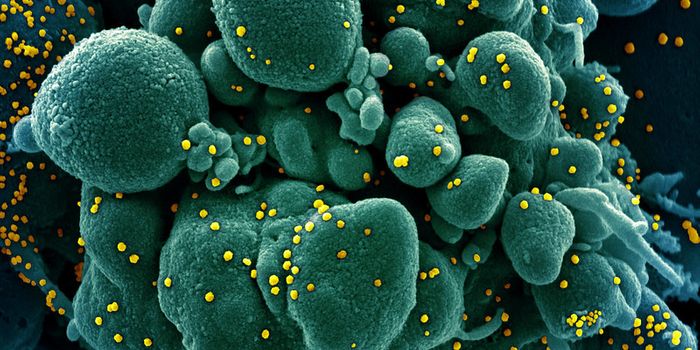Crafting a vaccine for leishmaniasis
Leishmaniasis isn’t pretty - Leishmania is a parasite that causes skin ulcers and can damage internal organs. Luckily, researchers at the Georgia Institute of Technology are working to develop a vaccine for this parasite.
Image: Paula Bronstein/Getty Images
There are at least 30 different strains of Leishmania, and it’s the second-deadliest parasite in the world (malaria tops the chart). Transmitted by the sand fly, leishmaniasis is common in Latin America, but climate change has brought it to within 300 miles of the southern US border. It is also prevalent in Asia, Africa, the Middle East, and southern Europe.
Image: artologica - Etsy
Protozoan parasites display an array of carbohydrates on their cell surfaces, likely contributing to infectivity and immune evasion. Importantly, these same carbohydrates make good vaccine candidates. One carbohydrate of interest is alpha-Gal, as survivors of leishmaniasis have a high titer of anti-alpha-Gal antibodies in their blood. Thus, the researchers reasoned that alpha-Gal might be an effective vaccine component.
Importantly, humans (and other apes) lack the gene for alpha-galactosyltransferase. This meant that they had to use alpha-galactosyltransferase-knockout mice (alpha-GalT-KO) in their experiments.
More importantly, they showed that alpha-GalT-KO mice produced anti-alpha-Gal antibodies in response to Leishmania infection - underscoring the fact that alpha-Gal may be a useful vaccine target (and that their experimental model works). To do this, they gave wild type or knockout mice an intraperitoneal dose of Leishmania (they actually tested two different strains). They found that the wild type mice did not produce any more anti-alpha-Gal antibodies than uninfected mice. However, the alpha-GalT-KO mice produced a moderate amount of anti-alpha-Gal antibodies.
Next, they wanted to answer the big question - Can immunization with alpha-Gal protect mice from Leishmania infection? To do this, they immunized the mice with a virus-like particle that displayed over 500 copies of a keyp alpha-Gal epitope. Indeed, the immunized knockout mice produced anti-alpha-Gal antibodies, while the wild type mice did not.
Finally, they infected the mice with Leishmania. After 10 weeks, they sacrificed the mice to measure how much of the parasite had traveled to the liver and spleen. As expected, none of the unvaccinated mice were able to clear the infection. However, the vaccinated mice showed very few or no parasites!
Sources: EurekAlert, ACS Central Science




